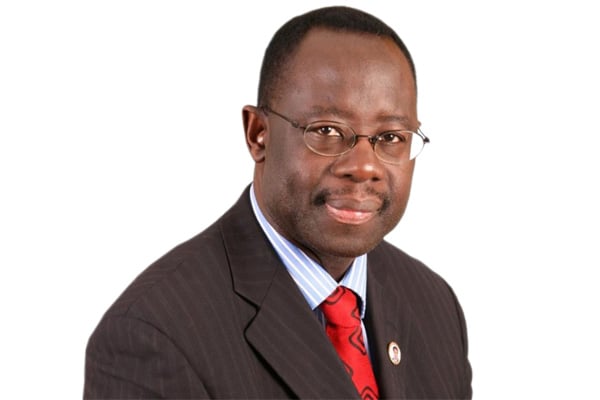Why youth should defend democracy

Isaac Kwagala
What you need to know:
The youth comprising the largest population and voter block, therefore, have a higher duty to defend democracy
The recent death of national democratic and political colossus, Paul Kawanga Ssemwogere, is a cruel reminder that the promise of democracy in Uganda is still elusive and there is no reward for guessing who the chief culprit is. The National Resistance Movement had as one of its self-stated core objectives the restoration of the rule of law and democracy in Uganda as justification for the five-year bush war. Ironically, all present day political manifestations point to one inescapable conclusion, the NRM has since long reneged on this promise without a single instinct of shame or self-admonishment.
More deplorably, however, this vile political orientation has now been extended to capture, corrupt and captivate the attention of the youth by exhibiting to them that democracy is just a word or sentiment that one can conveniently use or dispense with as and when it satisfies their expedient political aims.
So disturbing is the democratic legacy of the NRM that the youth are now actively encouraged and co-opted to participate in activities that have long term adverse ramifications for the promotion of democracy in Uganda. It’s a state of affairs we should all worry about.
On social media, the anti-democratic charge is strongly taking root, with rival youth political groups chanting and promising death to each other. Our country’s body politic has become so corrosive that it is now considered an aberration to address political opponents with respect and civility. Then there is the increasingly concerning problem of youth conscription into quasi political- cum paramilitary outfits on the expectation that they would be ideal candidates for the benefits of political patronage. Groups like “Team Chairman” with strong affiliations to the first son’s presidential ambitions are famed to project this form of unparalled financial and military might. Simply put, the youth are so disillusioned with the current political climate that they would rather desperately offer themselves as instruments for democratic abuse than participate in efforts to bring about meaningful change to our political dispensation.
But is this depressing state of affairs of our politics and democracy without a background, certainly not.
An application of a mixed but subtle balance of raw militarism and political patronage is responsible for the erosion of democratic practice and the resultant entrenchment of an anti-democratic culture in our country. Regrettably for the youth, the significant demographic advantage in terms of numerical strength has not translated into valuable democratic dividends as they have been a constant witness to the systematic and persistent assault on democracy by the NRM regime. As a result, the culture of democratic abuse is now ingrained in our national political psyche and this inevitably spells doom for the future of democratic governance in Uganda.
The constitutional guarantees of representation as a special interest group have also not yielded tangible benefits as the process is heavily manipulated by the ruling regime to only deliver a superficial democratic impression. Worse still, this platform has been hijacked by the party’s ruling elite who at the expense of the youth’s democratic progress exploit their leaders to promote anti-democratic practices. The NRM political history has an abundance of such examples with the infamous Anite Kyakwanzi pronouncement a clear standout in the context of the youth.
It is often said that the youth are the leaders of tomorrow. But this statement is gravely misleading if it doesn’t acknowledge the importance of democracy in securing a stable, free and prosperous Uganda.
The youth comprising the largest population and voter block, therefore, have a higher duty to defend democracy in Uganda by being deliberate with efforts aimed at promoting and entrenching a national democratic consciousness and culture.
Mr Isaac Kwagala is a civil rights lawyer.




